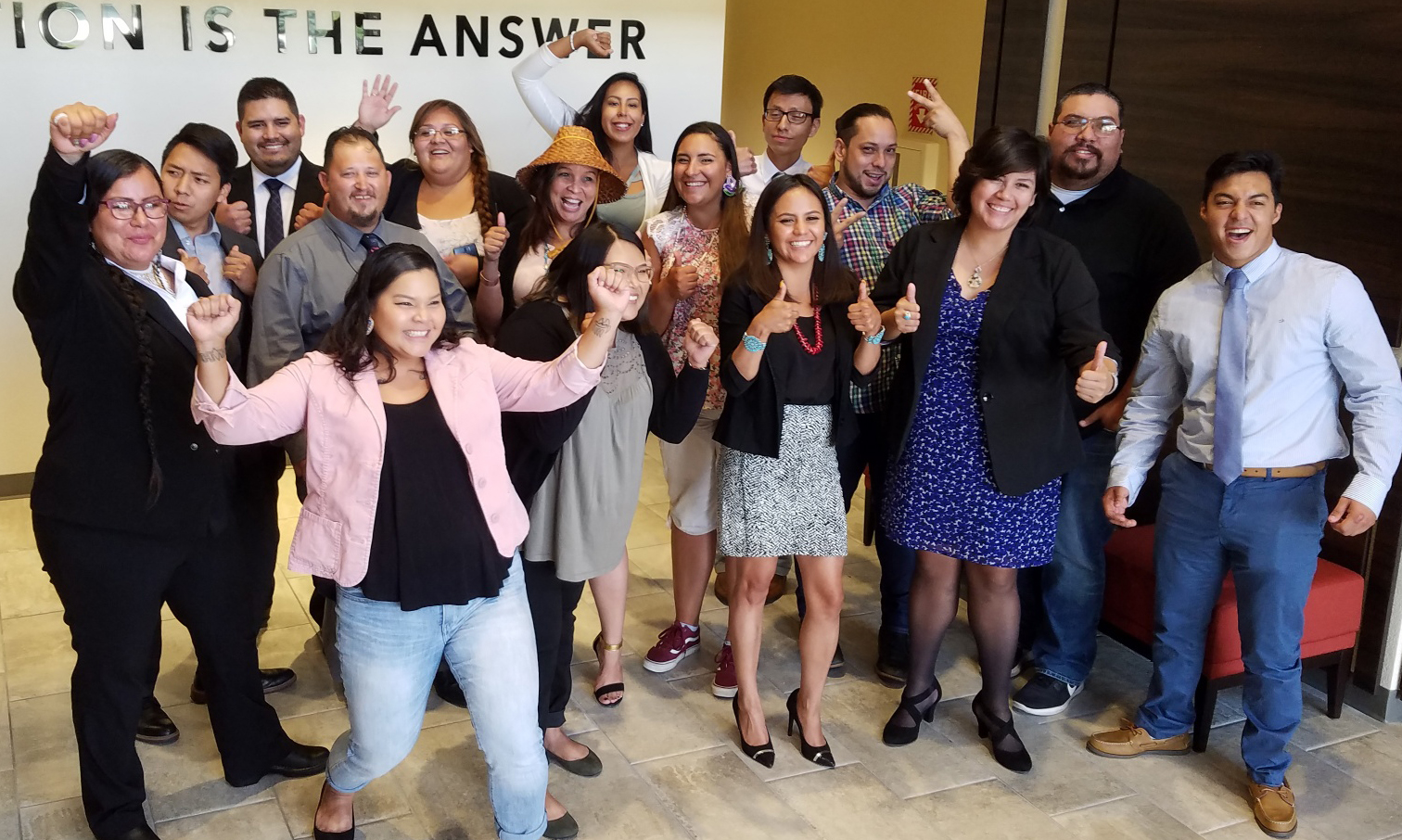Student Development
Explore Development Opportunities
Study Skills
No matter what your grades are, everyone needs some guidance to find success in the classroom. Here are some resources to help you develop the best study habits and skills you’ll need to get your degree:
What are Office Hours? – by Andrew Ishak
Time Management: TCU Video Project Series
Focus 2 Self-Assessment
Many people struggle with choosing an academic major during school, or job industry after graduation, but choosing a path is important when choosing your classes, internships and other career opportunities.
Focus 2 combines self-assessment, career and major exploration, decision-making and planning in one place. By matching your assessment results to career options and majors/programs for your consideration, FOCUS 2 guides you through a career and education decision-making model to help you make informed career decisions and take action in planning your future.
To use this free service, register to create an account with the access code collegefund. From there, you can take each test- personality, interests, values, and skills- to build your academic and career planning profile. Print your profile to share with an academic or career counselor or mentor to discuss your career plan or transition to a new profession.
Money Management
It is also important to understand budgeting, credit, and debt management – to help you to make responsible decisions in school, and prepare for your financial life after school. Learn about the following topics in related posts — your financial future depends on it.
- Money Management — Developing Common Cents (College Fund)
- Per Cap (First Nations Development Institute)
- Financial Skills for Families (First Nations Development Institute)
- Developing Your Vision: Managing Your Money
- Your First Bank Account
- Childcare Costs (and Ways to Reduce Them)
- When Your Child Has Special Needs
- Caring For Aging Parents
- Children and Family Considerations
Student Ambassador Program
The American Indian College Fund Ambassador Program was established in 2015 to strengthen students’ and alumni personal and professional skills and to represent the College Fund.

Our Blogs
American Indian College Fund Partners with Tribal Colleges and Universities to Focus Research on Cultural Impact
Three American Indian College Fund (College Fund) staff, along with partners from tribal colleges and universities (TCUs), were chosen in a competitive process to present two sessions at the upcoming World Indigenous Peoples Conference on Education (WIPCE) in November 2025. The College Fund’s partnerships with TCUs are a testament to our shared commitment to equity, inclusivity, and impact of tribally led education.
Circle of Hope Summer 2025
| Summer 2025 | Circle of Hope Dear Friends and Relatives, So much has changed since my last update. I’ve spent hours thinking about how important my words and actions are in this moment and struggling with what to do next – and I have to admit, it has been...
Emily White Hat, J.D., Vice President of Programs at American Indian College Fund, Chosen to Attend the Leading Tribal Nations Program at Harvard Business School
Emily White Hat, J.D. (Sicangu Lakota), Vice President of Programs at the American Indian College Fund, was one of 76 participants in the Leading Tribal Nations Program at Harvard Business School in June.
American Indian College Fund Publishes Eighth Volume of The Tribal College and University Research Journal:
The American Indian College Fund, with generous funding from the Henry Luce Foundation, published volume 8 of the Tribal College and University Research Journal. This one-of-a-kind publication was first launched in 2016 and supports tribal college and university (TCU) faculty in disseminating their academic work to Indigenous communities and the wider research community.
Defy the Storm: American Indian College Fund’s New PSA Addresses Challenges Indigenous Students and Communities Face with Funding Cuts
A “storm” of activity is coming from Washington in the form of funding cuts and executive orders, upending the lives of Native American communities and students; jeopardizing access to the funding, education and opportunity that helped create progress for decades to ensure the success of tribal nations, communities, and people.








